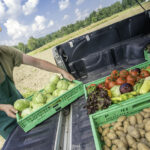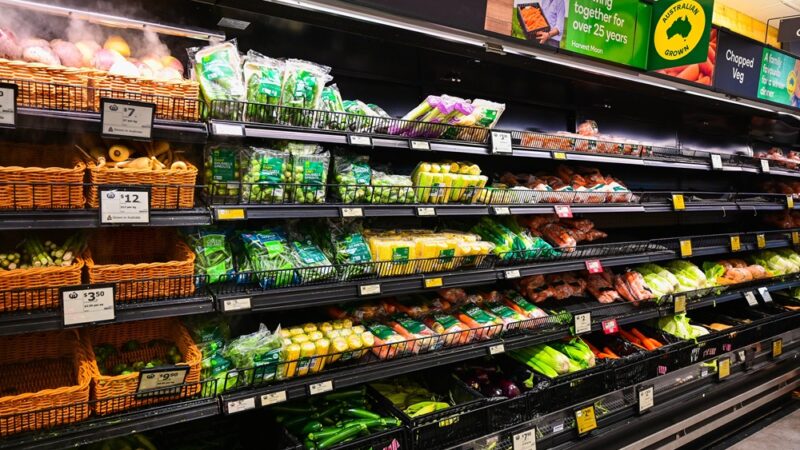After weeks of frustration and concerns about how the looming harvest would be managed, a…
50 billion reasons to value-add in NSW ag
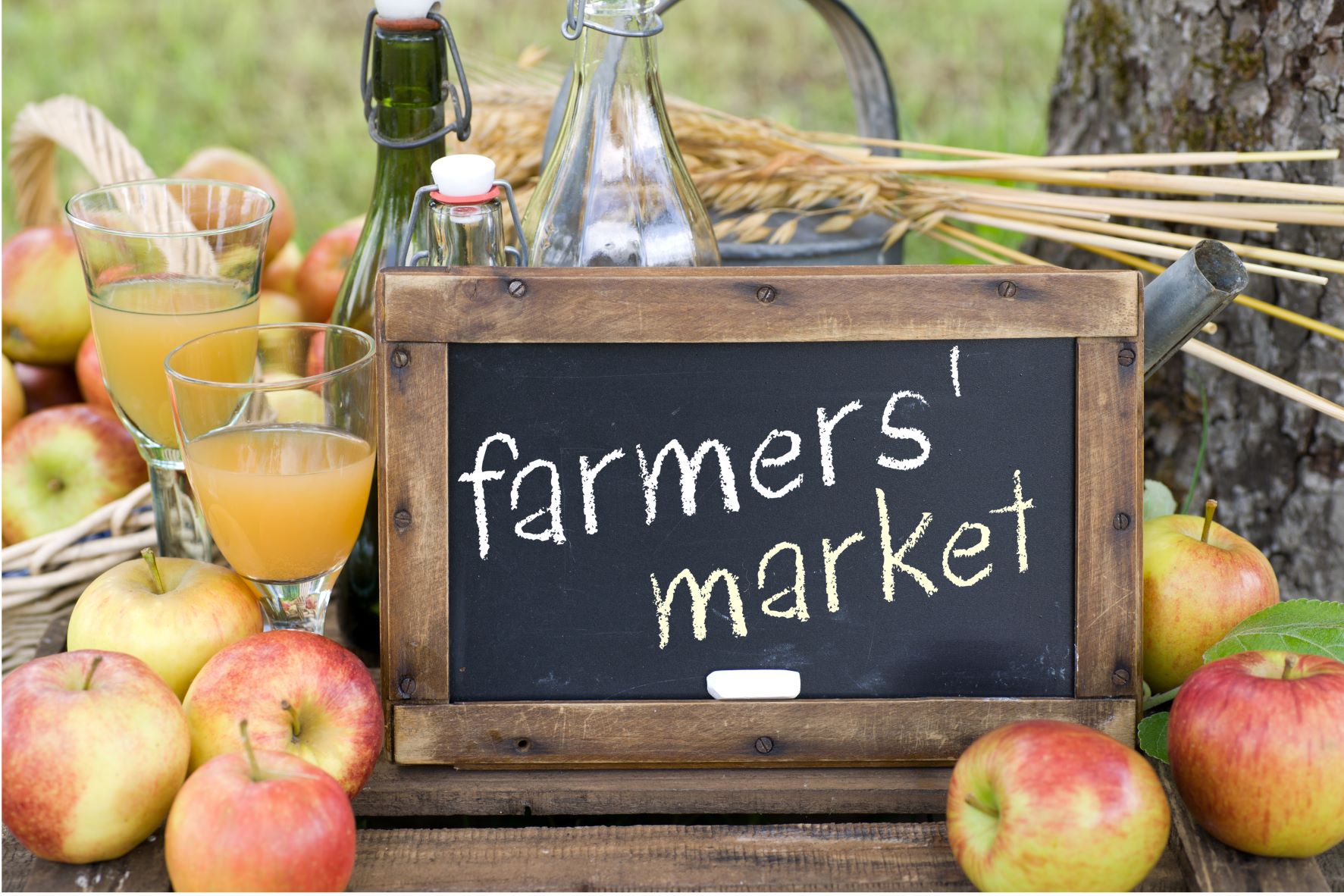
NSW is tipped to make the biggest contribution of any state to growth in the food and agriculture sector through value adding, according to a new report from the Food and Agribusiness Growth Centre (FIAL).
NSW Farmers CEO Pete Arkle said FIAL�s Capturing the Prize for NSW report shows an enormous $50 billion potential for farmers and agribusiness owners in NSW to grow the economy.
The report found the NSW agricultural sector employed 135,000 people as of February last year, but that could grow by 65 per cent if value-adding opportunities were realised.
�Nationally we�ve been talking about being a $100 billion industry by 2030, and FIAL�s work shows we could double that number to $200 billion,� Mr Arkle said.
�By investing in value-adding, our farmers can produce ready-for-sale products instead of raw ingredients, and in turn we create more jobs and more economic activity for our communities.
�We already produce healthy plants and animals � there is huge potential to transition Australian agriculture into producing value-added healthy foods as well.�
NSW Farmers CEO Pete Arkle
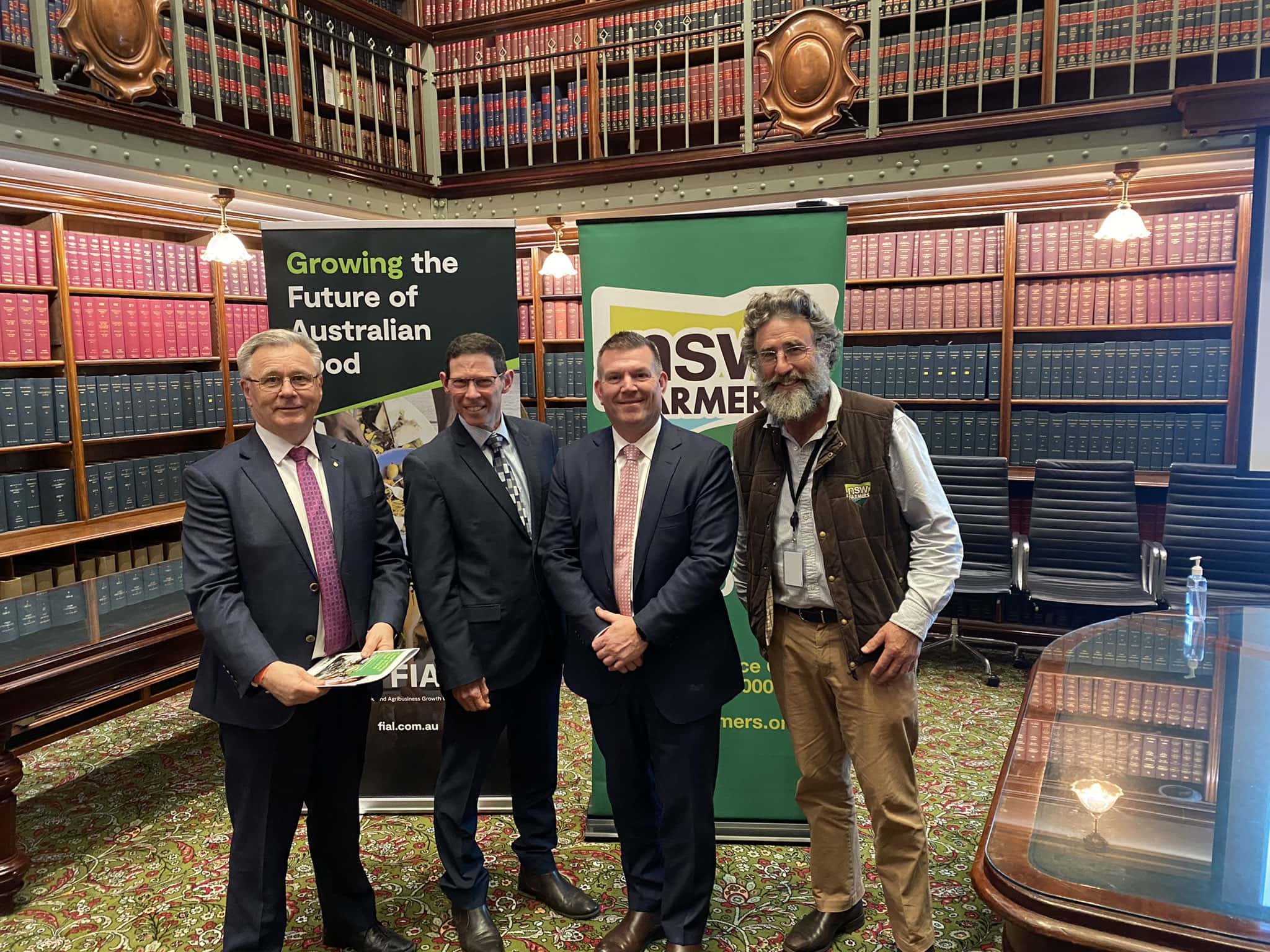
Dr Barry McGookin, FIAL�s GM of Innovation, said the report showed the top three growth opportunities for NSW were supply chain transformation, improved soil, water and land management, and taking advantage of the direct-to-consumer market.
Investment in these top three opportunities alone could contribute an additional $23 billion for the economy, creating over 110,000 jobs in NSW.
�Ensuring that Australia�s food and agribusiness sector is prepared to make the most of the exciting shifts in science, technology and consumer markets is FIAL�s central mission and the underlying purpose of our work,� Dr McGookin said.
�This is an exciting time for growth and NSW has an immense opportunity to deliver greater value for the Australian economy.
�To capture all the available growth opportunities, we must invest and innovate to drive better productivity and give the next generation the keys to succeed.�
FIAL is an industry-led, not-for-profit organisation focused on growing Australia�s share of the global food market. To read more about the report, visit https://www.fial.com.au/sharing-knowledge/capturing-the-prize.
More value with direct sales
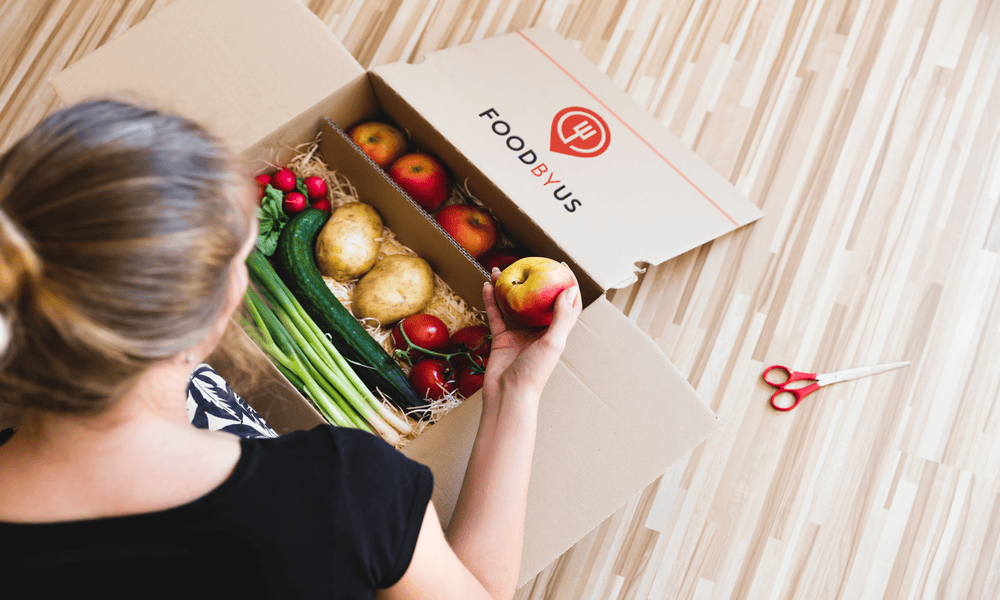
The Capturing the Prize report identified 19 Growth Opportunities with the potential to grow agriculture�s national annual value-addition capability from its current $61 billion per annum to over $200 billion per annum by 2030.
The top three food and agribusiness opportunities for New South Wales in terms of value-added are supply chain transformation ($8.5 billion); soil, land and water management ($8 billion); and the direct-to consumer model ($7.3 billion). Together, these three opportunities account for 47 per cent of the total opportunity for the state.
The opportunity for the direct-to-consumer model, which includes e-commerce food sales, direct farm sales to consumers, and Agri-tourism, builds on the rapidly growing trend of buying groceries online induced by the COVID-19 pandemic.
Based on available estimations, the report says that during the first two months of 2020, online purchases of pasta and eggs in Australia increased by 76 and 72 per cent respectively.
New South Wales accounts for the highest share of online purchases among all product groups in Australia at 34 per cent � higher than its share of national GDP (32 per cent).
The trend of direct farm sales is also gaining traction. NSW has 40 farmer�s markets recognised by the Australian Farmers� Markets Association, and a range of companies such as Your Food Collective are providing consumers with produce from verified farms within hours of placing orders.
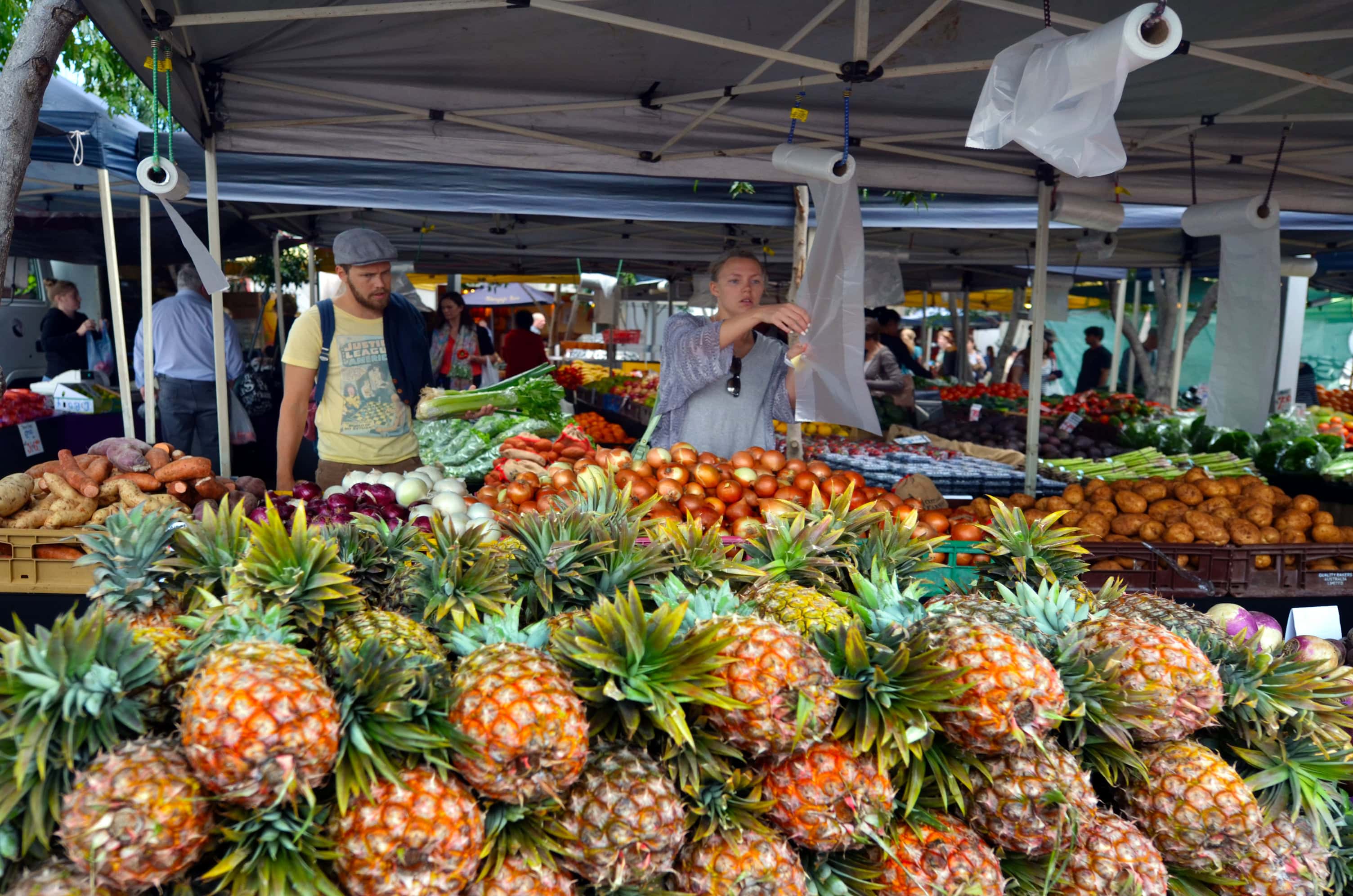
The report states that agri-tourism is a nascent but growing opportunity, with many regions in New South Wales having farm stay programs supported by Australian Farm Tourism.
The NSW Small Business Commissioner has also begun a program designed to help farmers in the state diversify into agrotourism, in partnership with Service NSW, building off the successful model in Tasmania.
Read more on the latest farming trends here.


